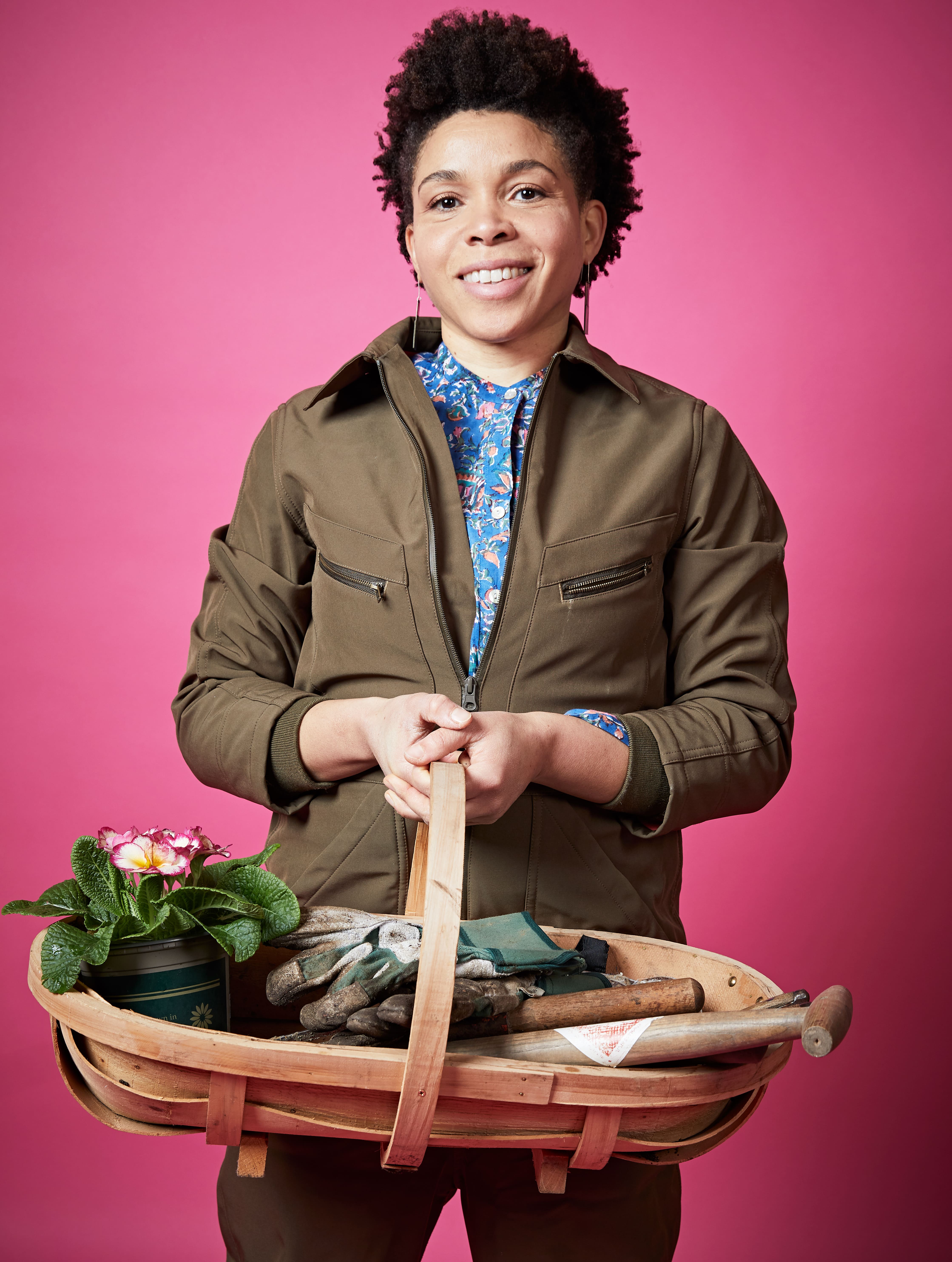I wake and do not know where I am. My eyes open on an unfamiliar scene of sheep grazing in a field, naked trees rising beyond them, stretching to the sky. The green folds of the land lie like crumpled velvet, a blanket softly draped around the seat of the house, trailing away up the valley.
Birds call in the faint light: owls, crows. Last night I watched the full, cold December moon rise over the trees; now the sun chases her. In the stillness of this first morning I can hear the ever-changing song of running water. All is green, peaceful, idyllic. I seem to be gazing on this freshly wrought diorama of the English pastoral from our old bed. It takes a moment to remember, to piece together the meaning of this view through undressed windows framed by stacks of boxes: this is home.
I stretch and shuffle to sit up in bed, feeling the ache in my shoulders and lower back waking up alongside my awareness, my eyes transfixed on the scene through the windows opposite. Sky, field with the track to our neighbour's house running through it, hidden by the trees, our boundary hedge. I am awake but this feels like dreaming.
A movement catches my eye, and I notice a brown figure picking its way across the far side of the field, tiny from this distance. When it raises its head to look around, I see that it is a deer. After a few moments of stillness it bounds away into the trees and I realise I have been holding my breath.
I slide out of bed and walk carefully through the sleeping house, bare feet on wood and stone, and step out onto the earth of the garden. The cold jolts sluggish bed-warm senses awake faster than any mug of coffee, the edges of myself sharpened and glistening in the dew. I am drawn to the stream, just here where a tiny waterfall cascades down a series of small pools before disappearing underground again.
Listening to the water, I stare a while: at this stream, at this stone forming channels and terraces and a cottage, at this garden and the countryside beyond. I rest my hand on the local stone from which these terraces are carved, the same colour as my winter-sallow skin, and feel the tension of moving house die as I let these rocks carry my weight. I sit in this picturesque English country garden which is mine now. I try out the word on my tongue and it feels tentative and strange. Home.
What is home? I have been trying to make sense of the word, to find some belonging in it since I left my childhood one in Trinidad and Tobago twenty years ago. The place I grew up in, that old colonial, tropical paradise, seemed to my unfurling teenage self unbearably narrow and small. There seemed no room beneath the tangled banyan roots, or on the burnt sugar-cane flats, or in the dripping, jewel-green valleys, for the wide horizon of ambition. On an island easily traversed within a day, there felt no scope to fully, imperfectly, grow into myself. I became claustrophobic; felt trapped by the confines of my vision. With its rainforest floor choked with the fallen branches of ancient family trees devastated by the blight of colonialism, for my generation there could be no risk of misdirected growth. Too much had already been lost, or stolen.
I was unsettled, a nameless something churning at my core, threatening the very ground beneath my feet. A ground that never felt solid, shuddering always with aftershocks that reverberated through my fractured bloodline, like the tremors we occasionally felt from the fault lines deep in the earth below. I left the islands that birthed me in search of secure grounding. Like wind-rushed generations before me, I sought the Motherland.
At first I drifted, as ambivalent about England as it seemed about me, my inability to settle on this indifferent land not a concern. I took my free-floating as freedom. I had felt compelled to leave it, but my idea of home still lay in the emerald hills and turquoise seas that formed the backdrop to my childhood. A Caribbean oasis emerging like a mirage; hot air wavering over melting tarmac at the end of each parched transatlantic flight.
Then, slowly, things happened to ground my heart here in England too. Marriage, one child, another. Each loving kiss a new rhizome seeking to bed down in impervious English soil. As my family grew, so did a yearning to settle and take root, to be held, and grow strong in belonging.
The idea of home began to leave me confused, my heart torn. I bandied the word about: I left home to return home, I missed home while being at home. But no soil beneath my feet felt like where I fully belonged, like where I could be entirely received in my fractured, imperfect parts.
Displaced only daughter of generations of dispersed people, I am the last seed adrift on a centuries-old breath. I uneasily spiral through time and place and fragmented memory. But I grow tired. In the garden of this place we have landed in, this place we hope to make our home, I rest at the edge of the stream, gazing at the dawn breaking over the swaying wood. The sky lightens through pinks and oranges into a pale winter blue. A group of birds takes flight from the trees, calling loudly, silhouetted against the morning sky. I listen to the chorus of the water and the wind and the birds and they sing to me of the possibility of belonging. It sounds like peace.
Marchelle Farrell is the author of Uprooting

